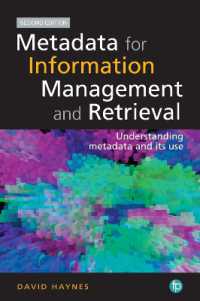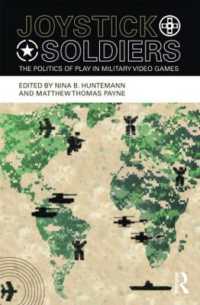Full Description
In Children, Religion and the Ethics of Influence, John Tillson develops a theory concerning which kinds of formative influence are morally permissible, impermissible or obligatory. Applying this theory to the case of religion, he argues that religious initiation in childhood is morally impermissible whether conducted by parents, teachers or others. Tillson addresses questions such as: how we come to have the ethical responsibilities we do, how we understand religion, how ethical and religious commitments can be justified, and what makes children ethically special.
Contents
1. Introduction
2. The Sources of Parental and Extra-Parental Responsibility
3. The Content of Parental and Extra-Parental Responsibility
4. Those Respects in which People Can Be Formatively Influenced
5. What Forms Can and Should Influence Take?
6. A Theory of Ethical Influence
7. The Nature of Religion
8. The Status of Religion
9. How Children Ought to Be Formatively Influenced, with Respect to Religion(S)
References
Index








